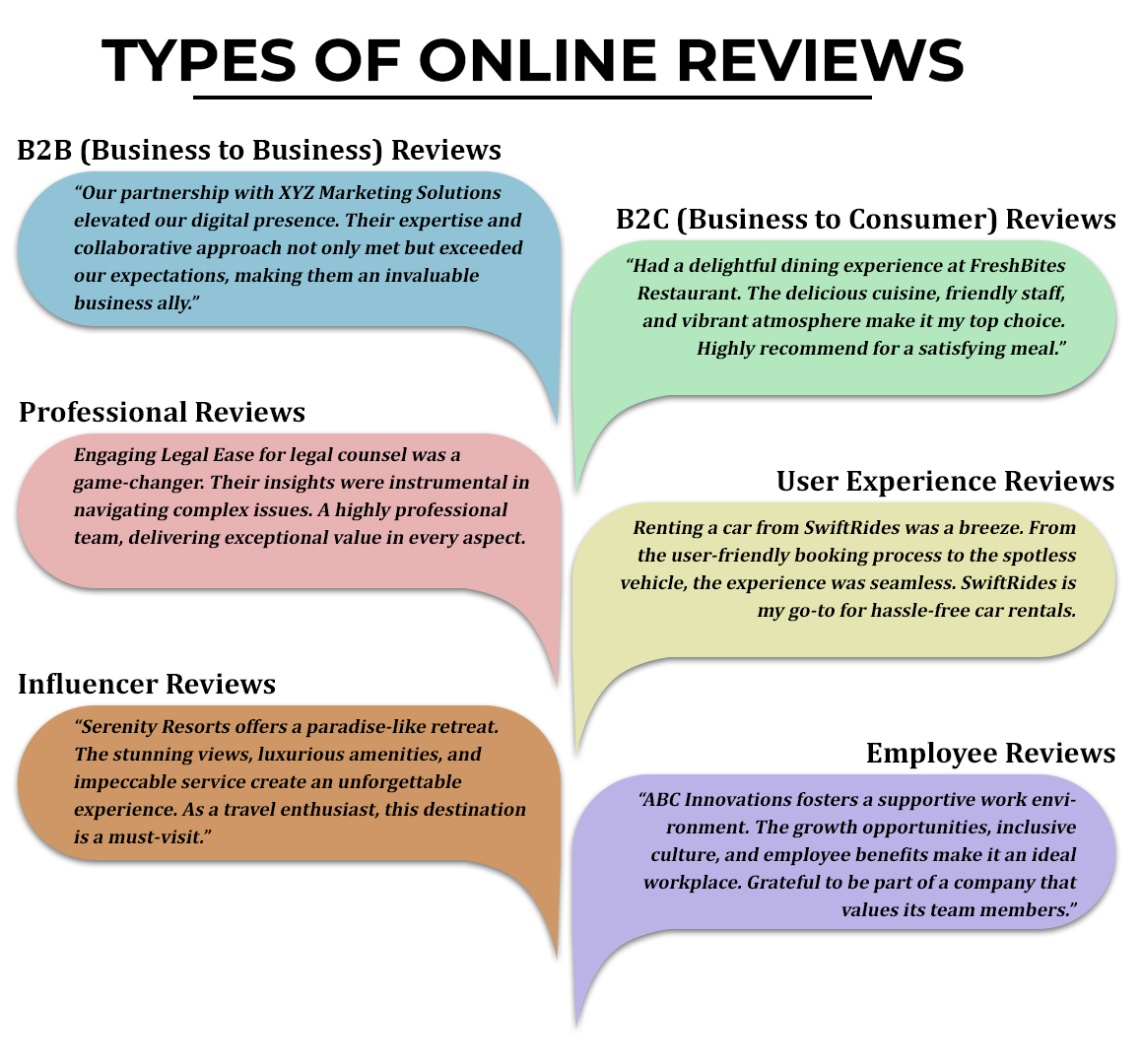Reputation management has become one of those crucial keys to success in the tech industry of these digital times. With rapid changes in technology and increased reliance on online interactions, the reputation of tech companies has never come under such scrutiny. The truth is, reputation management cannot be more understated in tech, most especially as we head into 2024 when consumers expect transparency, trust, and credibility from the brands they will engage with.
The importance of reputation management in tech
Reputation management is the practice of ensuring that particularly in online platforms, the public gets to think in a particular manner about the brand. To technology companies in particular, a positive reputation translates into a variety of benefits such as higher levels of customer loyalty, superior sales, and preference over position. However, negative reputation management has dire consequences that any company can face namely loss of reputation, reduction of brand power, and ultimately loss-making.
Reputation risks for technology companies
In 2024, technology firms face numerous reputation risks that can threaten their brand image. These risks include:
- Product failures: Due to the competition in the industry where innovation is important, any problem that affects product performance will be perceived by the public.
- Data breaches: Citing heightened cybersecurity threats, firms that get hacked can suffer from untold damage to their reputation.
- Negative press: Negative messages are even more damaging to a firm and when reinforced through word of mouth as disseminated through social networks.
Understanding these risks is crucial for tech companies to develop effective strategies for safeguarding their reputations.
Trust and credibility in tech
The modern world is full of scepticism and thus, trust and credibility are the key values for any tech company. Concerning client relationships and affiliations, consumer curiosity has shifted considerably and is becoming selective – especially where personal information is concerned or the quality of the products they are purchasing. When organizations continue to build a reputation, they show their customers and the public that they mean business, and therefore, the value of a good reputation cannot be overstressed.
Impact of online reviews on tech companies
The internet, in particular the customer reviews, has thus risen to offer consumers an essential platform when evaluating tech firms. Still, studies show that around 88 percent of consumers read reviews before opting to make a purchase, and reputation management is therefore vital. It is apparent that positive reviews contribute to a company’s image, while negative reviews have a chemical effect and post-pone potential customers.

Those industries involved in the provision of technological services must embrace proper management of their online reputation utilizing the comments obtained from the consumer.
Crisis management strategies for tech firms
Crisis management is an important component of reputation in the technology industry where the problems may arise and worsen over time. The various crises indicate that firms have to be ready with measures to take in the face of a calamity. Key strategies include:
- Rapid response: Having detailed and up-to-date communication is most important during calamities. Organizations should have laid down plans on how they would handle such problems as they occurred.
- Transparent communication: In fact, effective communication during a crisis is important so as to avoid loss of public confidence. All this information should be freely available to tech companies, especially to work towards handling this situation.
- Post-crisis recovery plans: The recovery model is critical after a crisis and specifically for the brand, there has got to be a way of putting it back together again. This may comprise going out there to market the business, creating awareness, and developing concrete selling strategies.
Building customer trust in technology
Building customer trust is crucial for tech companies to thrive in 2024. Companies can enhance trust through:
- Quality products and services: Trust is built in the market when producers offer their products in ways that are consistent and of superior quality.
- Excellent customer service: Offering prompt and useful customer support is known to make a great difference to the overall image of an organization.
- Transparency and accountability: It is also important here to note that customers can be better informed about what companies are doing with their data or implementing in terms of security to earn their trust.
Social media influence on tech reputation
Social media platforms are powerful channels for shaping a brand’s reputation. In 2024, tech companies must leverage social media to enhance their public image by:
- Engaging with customers: This has underlined the importance of always engaging with customers on social media with regard to their comments and questions.
- Sharing valuable content: It is now common business practice for organizations to pass on information about the industry they operate in, tips on which particular area the company specializes in, company information updates, etc, to be able to create a market of knowledge and aware customers.
- Monitoring brand mentions: Some of the social listening tools are crucial in enabling companies to monitor their reputation online and also to respond to any negative conversation.
Reputation monitoring tools for tech
For top tech companies, managing reputation means that they need to put their money into online reputation monitoring. These tools are quite useful in assessing public perception and also offer a perfect opportunity for firms to act accordingly in case there is an issue that has taken root. Some effective tools include:

- Brand24: An online application that scans for brand keywords and delivers relevant information about consumer attitudes.
- Google alerts: A free service that shows when a firm’s brand is being talked about online, thereby ensuring the firm is aware of its reputation.
- Reputation.com: It is an integrated reputation management solution, which also allows the possibility of review monitoring and customer feedback.
Strategies for enhancing tech brand reputation
To enhance their reputation, tech companies can implement several strategies:
- Consistent brand messaging: Make sure the mix of advertisements sends out the right message in line with the firm’s beliefs.
- Customer feedback management: Encourage consumers to give their feedback and incorporate that feedback while designing customer products.
- Engage in community initiatives: Engage in community activities and environmental conservation practices as a way of showing corporate responsibility.
Tech company transparency and reputation
Transparency is a value that seems to be acquiring great value in the tech industry. Those businesses that operate in a transparent manner, are transparent not only about their operations but also about data privacy policies and ethical conduct have better reputations. Writing for TechRepublic in 2024, I believe that transparency remains crucial for tech firms, as they need to protect themselves from reputational losses when dealing with clients.
Future of reputation management in Tech
Therefore, as commonly said, the future dynamics in reputation management will also change with the advancing technology in a similar way. Other issue areas are the changing leadership in the measurement of brand image by AI and the need for business organizations to adopt sustainable and ethical solutions.
Protecting brand equity in tech
Brand equity has to be maintained for any technology firm, especially at this time when competition is becoming keen. The use of distinct reputation management strategies can prevent firms from experiencing alterations in their market position meanwhile protecting the company’s reputation from threats.
At Originate Marketing, we understand how crucial it is to Manage Online Reputation. Get in touch with us today to discover how to manage your Online Reputation our services can help your business grow
Rebuilding reputation after a tech crisis
Even the most established tech companies can face crises that damage their reputation. Rebuilding after a crisis involves:
- Acknowledging the issue: A very important starting point is to own up to your faults and accept blame.
- Implementing changes: Feedback should be used to make the right changes that would regain the confidence of the customers.
- Re-engaging customers: Affected clients should be contacted, comforted, and given an assurance of change in the future to restore their confidence in the company.
Conclusion
Thus, the approach discussed in this paper proves to be essential in reputation management for tech companies in the year 2024 and beyond. The rise of online reviews of products and services, the trust people place in these reviews and the growing desire for the truth about products and services all require a more active approach to the management of brand image. To ensure that overall information and competence structures do create highly credible brands for firms operating in a highly competitive environment, these tech rationales need to factor in risks, reach out to customers, and employ successful reputation management tools.
Since the WORLD is going digital day by day, corporate entities can only survive by ensuring that they embrace any new trend that is likely to make or mar their image and are ready to maintain positive relationships with clients and stakeholders. The different challenges can however be managed effectively through reputation management hence the success of the tech companies in the long run.




